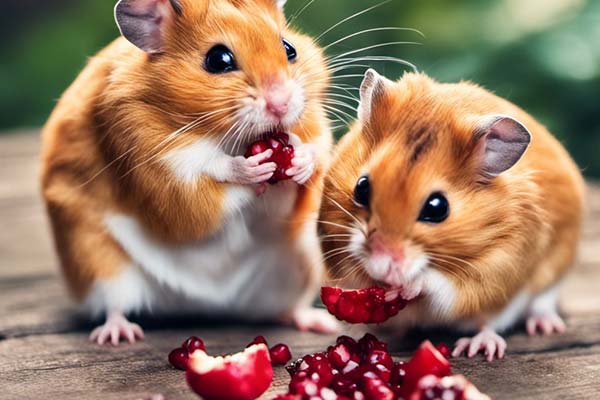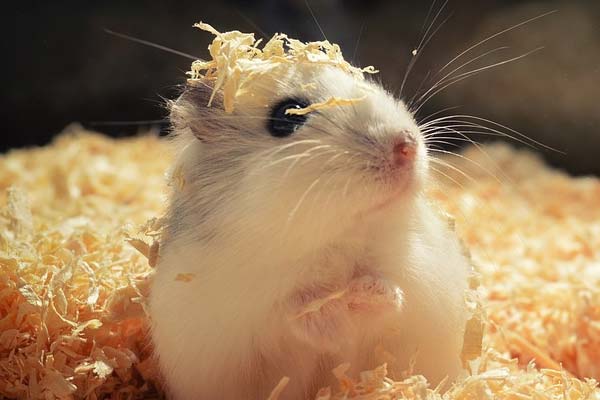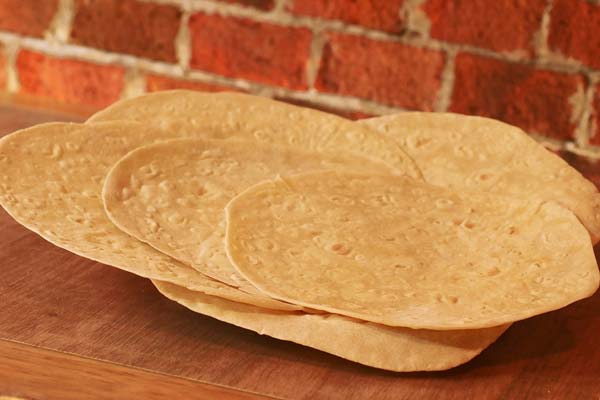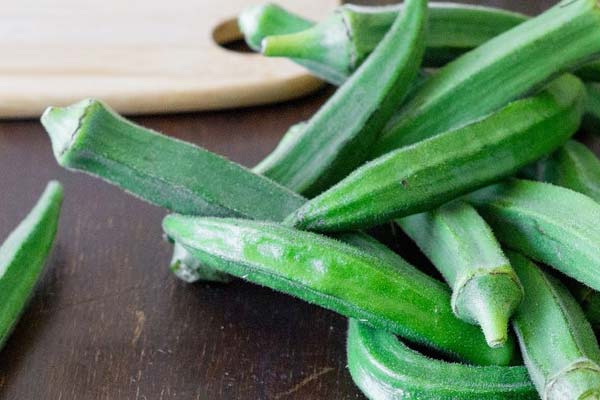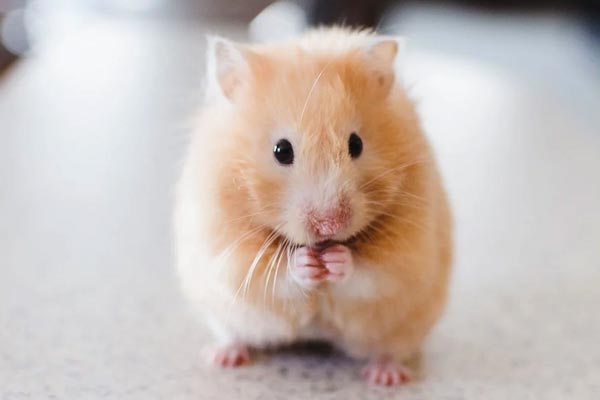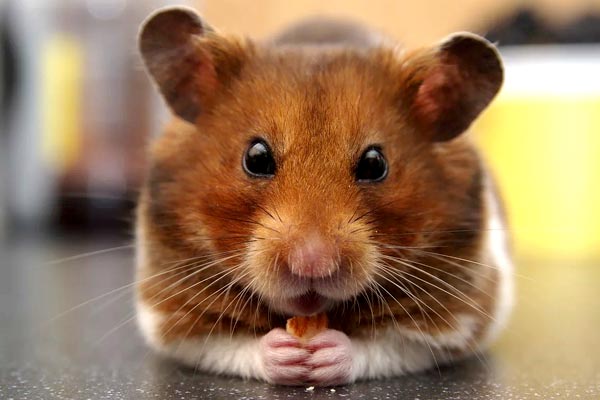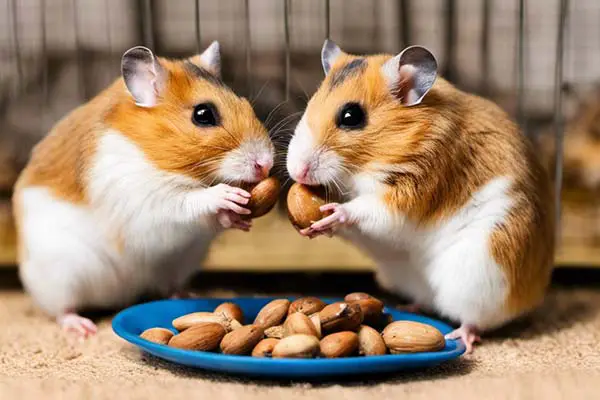Can Hamsters Eat Pomegranate? A Comprehensive Guide to Feeding Your Hamster
Hamsters are adorable little creatures that are loved by many. As a pet owner, it is crucial to ensure your hamster gets the proper diet to maintain its health and well-being. A common question is whether hamsters can eat pomegranates.
Pomegranates are a delicious fruit enjoyed by many humans and their pets. However, when it comes to hamsters, the answer is more complex.
While some sources suggest that hamsters can eat pomegranate in moderation, others advise against it due to its high sugar content. Knowing the facts before giving your hamster any new food is essential.
Pomegranate and Hamsters
Pomegranate is a fruit known for its sweet and tangy taste and is considered a healthy snack for humans. However, when it comes to hamsters, there are more suitable food items than pomegranates.
Nutritional Value and Components of Pomegranate
The pomegranate contains nutrients like fiber, vitamin C, potassium, and minerals. Its antioxidants protect the body against damage from free radicals. However, its high sugar content can harm hamsters’ health.
Why Pomegranate is Not Suitable for Hamsters
Hamsters have a different digestive system than humans, and their diet should consist of hamster food and occasional treats that are safe for them to consume.
Pomegranate seeds are not easily digestible for hamsters, and the high sugar content can cause diarrhea, obesity, and even diabetes, especially in dwarf hamsters. Moreover, the rind of the pomegranate can be a choking hazard for hamsters.
Expert Opinions on Hamsters and Pomegranates
According to veterinarians, hamsters should not regularly be fed pomegranates or other fresh fruits. Instead, they should be given fresh vegetables that are low in sugar content and high in fiber. Pet owners should consult a veterinarian immediately in case of any adverse reaction.
Alternatives to Pomegranate for Hamsters
Several other fruits, such as apples, blueberries, carrots, strawberries, and cranberries, are safe for hamsters to consume in moderation. These fruits are also rich in vitamins, minerals, and antioxidants and can provide a nutritious snack for hamsters.
However, it is essential to remember that hamsters should only be given fresh fruits and vegetables free from pesticides or harmful chemicals.
Safe Alternatives for Hamsters
Hamsters love to munch on fruits, but not all fruits are safe. While pomegranate seeds are not recommended for hamsters due to their high sugar content, plenty of other fruits and vegetables can provide similar nutritional benefits without the risk of health problems.
Hamster-Safe Fruits with Comparable Nutritional Benefits
Hamsters benefit from a diet rich in low-sugar, high-fiber fruits like apples, blueberries, strawberries, and bananas. Apples, in particular, stand out as they provide essential vitamin C for overall health.
Variety in a Hamster’s Diet for Optimal Health
Variety is essential when it comes to a hamster’s diet. In addition to fruits, hamsters should also be given a variety of vegetables and treats to ensure they get all the nutrients they need.
Carrots are a great vegetable choice for hamsters as they are low in sugar and vitamin A. Other safe vegetables for hamsters include broccoli, spinach, and kale.
Regarding treats, hamsters can enjoy a range of options, such as mealworms, pumpkin seeds, and dried cranberries. These treats should be given in moderation as they are high in fat and sugar.
Alternatives for Baby Hamsters
It’s crucial to understand that baby hamsters require distinct dietary provisions compared to adult hamsters. They require a protein and fat-rich diet to foster their growth and maturation. Suitable choices encompass boiled eggs, plain-cooked chicken, and turkey.
For Pet Owners
For pet owners, understanding the safe dietary options for hamsters is crucial. A well-rounded diet comprising fruits, vegetables, and occasional treats contributes to your hamster’s overall well-being.
Prioritize foods low in sugar and fat to prevent potential health issues like obesity and diabetes.
Specific Considerations for Hamster Breeds
When it comes to feeding hamsters, specific considerations should be taken into account, especially regarding different breeds.
While pomegranates are generally not recommended for hamsters due to their high sugar content, some hamster breeds may be able to tolerate them in moderation.
Dwarf Hamsters
Dwarf hamsters, including Robo hamsters, are smaller and have a faster metabolism than other hamster breeds. As a result, they may be unable to handle high-sugar fruits like pomegranates and larger breeds. It is recommended to avoid feeding pomegranates to dwarf hamsters altogether.
Syrian Hamsters
Syrian hamsters, or Teddy Bear hamsters, are more giant and can handle a wider variety of foods than dwarf hamsters.
However, they still have a relatively small digestive system and may experience digestive issues if given too much high-sugar fruit. It is recommended to only provide pomegranates to Syrian hamsters in moderation and to remove the seeds before feeding.
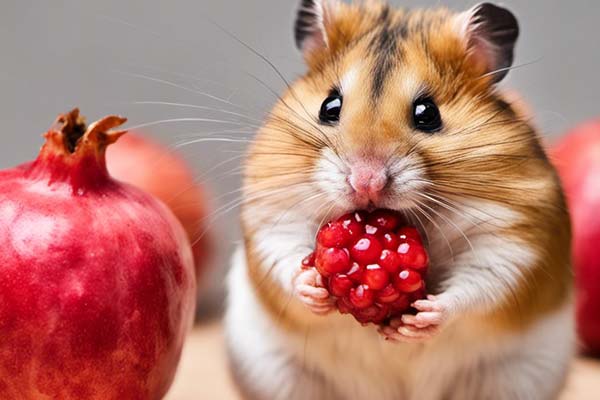
Baby Hamsters
Regardless of the breed, baby hamsters have delicate digestive systems and should not be given any high-sugar fruit until they are 4-6 months old. Pomegranates should be avoided until the hamster is fully grown and can handle the high sugar content.
Overall
While pomegranates may be safe for some hamster breeds in moderation, they are still high in sugar and should not be a regular part of a hamster’s diet.
Sticking to a balanced diet of hamster food, fresh vegetables, and occasional treats like small pieces of fruit is recommended.
FAQs about Hamsters and Pomegranate
Can All Hamster Breeds Eat Pomegranate?
Most hamster breeds can eat pomegranate, but moderation is vital. Pomegranate seeds are high in sugar, and too much can lead to digestive issues. Feeding pomegranate to hamsters in small amounts is recommended as a treat, not as a regular part of their diet.
Can Baby Hamsters Eat Pomegranate?
Avoid feeding baby hamsters pomegranates or any human food until they reach four weeks of age. At this point, they can begin consuming solid food.
However, it’s vital to introduce new foods slowly and in small portions. Pomegranate seeds are hard for young hamsters to digest, and excessive consumption can lead to digestive problems.
What Are the Signs of Pomegranate Intolerance in Hamsters?
Hamsters show different responses to pomegranates, with some being more susceptible to their effects. Indications of pomegranate intolerance in hamsters include diarrhea, bloating, and lethargy.
If these signs appear, stop giving pomegranates to your hamsters and consult a vet if the symptoms continue.
Conclusion
In summary, pomegranate can be a safe and nutritious treat for hamsters, but it should be fed in moderation and introduced gradually.
Baby hamsters should not be fed pomegranate until they are at least four weeks old, and signs of pomegranate intolerance in hamsters include diarrhea, bloating, and lethargy.


